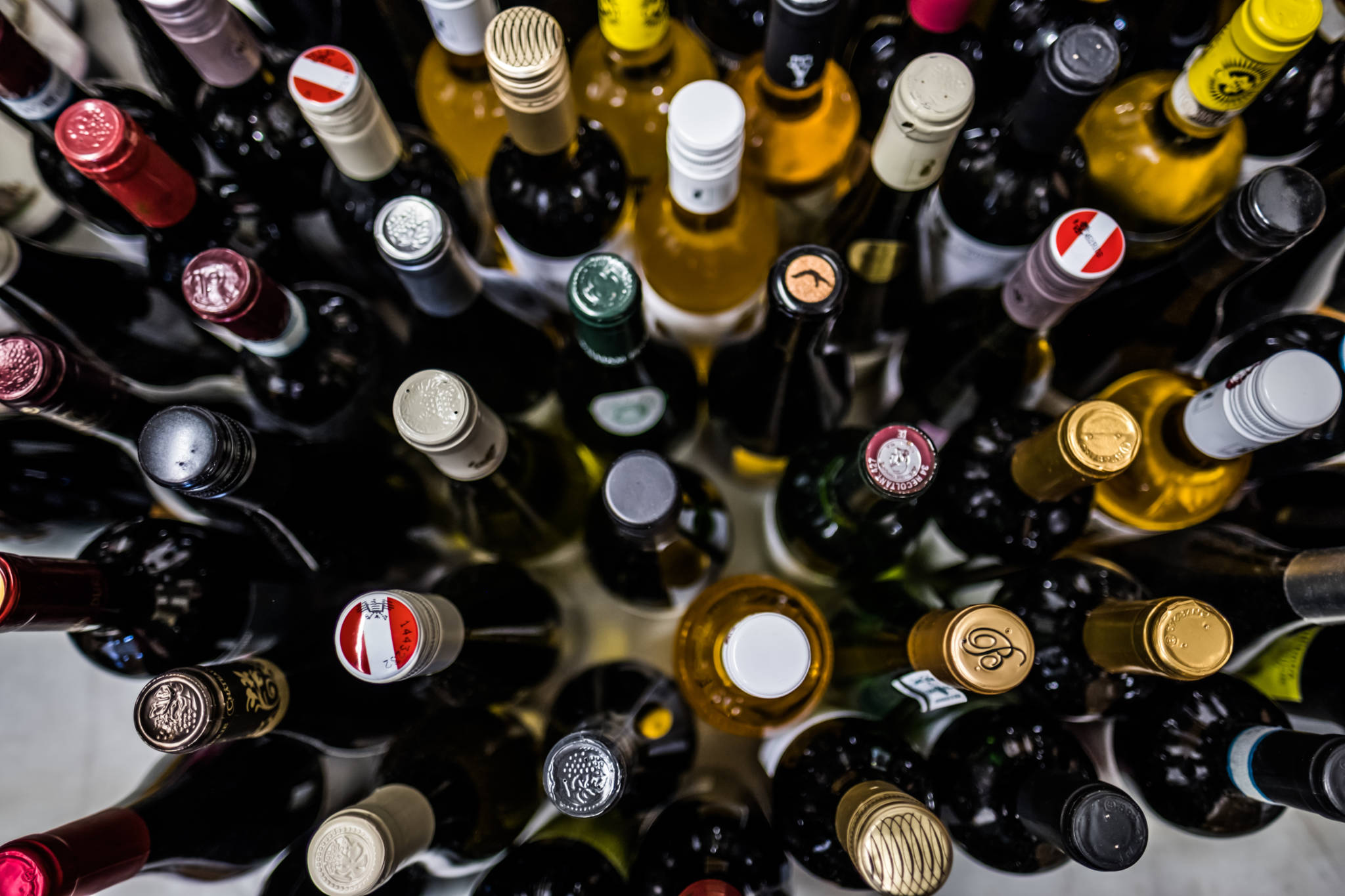I am so glad natural wines are becoming more popular. The more I learn about conventional wines, the more I crave cleaner options because this momma likes wine!
I have been drinking Dry Farm Wine, a clean crafted wine, since 2017. Within the past few years more and more companies are producing similar wines, which is great!
When people started asking me about the differences between the companies, I didn’t always have the answer. Dry Farm Wine was all that was around (that I knew of at least) when I made this switch on my journey. I decided to dig deeper to help answer your questions.
Before we start, if you want to know why these wines are considered an upgraded option, check out an article I wrote here comparing this type of wine to conventional wine.
Organic vs. Biodynamic vs. Natural
Let’s start out by talking the basics.
Organic requirements differ depending on the area (United States, Europe, Canada for example), but typically means no pesticides, herbicides or synthetic fertilizers were used, no sulfites were added (although naturally occurring ones are okay) and the yeast used is organic.
Another layer to organic wines is the grapes used may be organic, but the wine is not produced following the rest of the organic standards. These wines would just say “made using organic grapes.”
Biodynamic wines employ organic practices, but take it a step further and focus more on the farming practices and environment – thinking of more than just the grape.
According to the article written by Wine Enthusiast, biodynamic “started in the 1920s by Austrian philosopher Rudolf Steiner, and represent a method of farming based around a specific astronomic calendar. Each day coincides with one of the elements: earth, fire, air and water. Days are organized by fruit days (preferable for grape harvesting), root days (pruning), leaf days (watering) and flower days, where the vineyard should be untouched.”
Natural is not regulated but often is meant to imply no or little intervention. In theory, natural wines are made without adding or subtracting anything in. That means no additives, chemicals, sulfur, sugar, colors, etc. Additionally, the processing of the wine is minimized by no oak from barrels, no filtering, and using only native yeasts and traditional fermentation methods.
A natural wine can also be organic and biodynamic but doesn’t have to be.
Next, let’s review some of the companies on the market.
These are all great companies and I am grateful, once again, for options. You will see there are benefits and negatives to each, so deciding what is best for you, only you can do.

To summarize, the pros/cons of each.
Fit Vine has the cheapest wine and the only one that you can buy at liquor stores. It does not have any organic or biodynamic options and all wine is made by them – from vine to bottle.
Primal Wine has the largest selection, but the only company to not lab test and therefore doesn’t disclose the sugar content. Likely falls in the same range as the others.
Scout and Cellar wine options and purchase methods compare pretty equally to the other companies, with one caveat being the sugar content. Most are less than 1g of total residual sugar, but there are a few that have higher. They also allow you to sell the wine and build a business, if that is of interest to you.
Dry Farm only offers subscriptions (no individual purchases), but has the best satisfaction guarantee. It also has no bottles over 12.5% alcohol concentration (the other companies offer some 10-12%, but also go as high as 14%)
At this point, you need to decide what the most important aspect is for you – convenience, alcohol concentration, organic practices, etc.
I personally have purchased from all of the companies, except Primal Wine (at the time this article was written). I get a subscription every other month from Dry Farm wines. If you want to learn a little bit more about Dry Farm, I posted an article on that here.
I can also help facilitate you getting set up with Dry Farm (and getting a free bottle to start out).
One final comment, in general natural wines aren’t as bold as a conventional liquor store or winery wine. I found this interesting.
According to Dry Farm Wine, “natural wine is a live fermenting product that has not been sterilized with additives or killed with sulfites.” Additionally, a lot of conventional wines have used commercial yeasts that alter the flavor, in addition to adding in chemical additives and often sugar for color or flavor enhancement.
One final note, I don’t drink this wine 100% of the time, just like I am not gluten free or sugar free or processed foods free 100% of the time. I do find this as a great alternative to conventional wine that truly does make me feel better.
Let me know what additional questions you have and I can do my best to answer them.
**Some of these links may be affiliate links. Embrace Wellness LLC is a participant in various affiliate programs designed to provide a means to earn advertising fees by linking to products they trust and recommend. If you purchase a product through an affiliate link, your cost will be the same and in some cases less, but Embrace Wellness may receive a small commission. Your support is greatly appreciated and helps us maintain this work!

